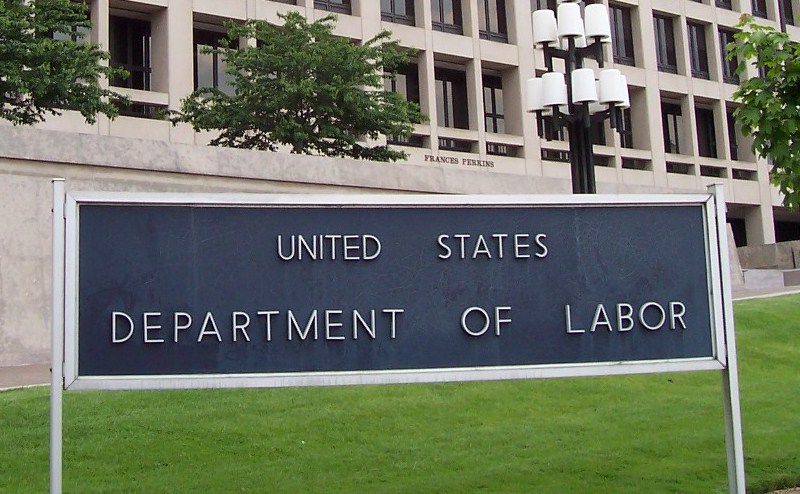The American public’s support for an increase in the minimum wage has grown. The support is badly fractured, which may make federal action on the wage more difficult. The strong opinions about the minimum wage exist, even though no one will ever know for certain whether the improvement eventually will be good for the economy or bad.
Perhaps public support for the increase is based on compassion, or perhaps the belief that people who make more spend more. There is no solid support for the second opinion. People who live below the poverty line, or just above it, may not become rabid consumers simply because they make a few cents more an hour.
The strongest case economists make against an increase in the minimum wage is that businesses with many low-end workers will suffer an erosion in profits. That is almost certainly true. Whether those business will lay off people or cut spending to counter the wage increases gets to be debated by economists indefinitely, and without a sure resolution.
Part of the support for the minimum wage among the public may have to do with the understanding that real income for most Americans has fallen over the past decade when the cost of living is taken into account. This probably hurts people with low wages the most, since many already live at or below a level of economic independence.
Against the case for the increase, the public may believe that the necessary government support of these people has to be made up for via taxes, which pulls down the discretionary income of the middle class. Those who have the most to lose financially anchor the groups that object.
According to a new poll from Gallup:
Seven in 10 Americans say they would vote “for” raising the minimum wage to $9 per hour if given the opportunity, while 27% would vote against such a bill.
The composition of those people who support the increase is telling, as is the composition of those who do not. Among the largest supporters of the initiative are those who make less than $24,000 a year, along with a part of the workforce that is likely to be poorly paid — those who are ages 18 to 29. Those who object to the increase include, in the largest part, those who make over $90,000 a year and people ages 50 to 64.
People do vote with their pocket books, as an old saying goes, and in the case of the minimum wage that appears to be true.
Gallup concludes:
In addition to liberals and Democrats, those most likely to favor raising the minimum wage include nonwhites, adults earning less than $24,000 annually, women, young adults, residents of the East, and moderates. At least three-quarters of Americans in each of these groups support it.
Additionally, at least two-thirds of seniors, lower-middle-income Americans (those earning between $24,000 and $59,999 a year), independents, Western and Southern residents, and adults aged 30 to 49 are in favor.
Support drops below 67% among Republicans, conservatives, residents of the Midwest, men, adults aged 50 to 64, whites, and upper-middle- and high-income Americans.
Methodology: Results for this Gallup poll are based on telephone interviews conducted March 2 and 3, 2013, on the Gallup Daily tracking survey, with a random sample of 1,028 adults, aged 18 and older, living in all 50 U.S. states and the District of Columbia.
It’s Your Money, Your Future—Own It (sponsor)
Retirement can be daunting, but it doesn’t need to be.
Imagine having an expert in your corner to help you with your financial goals. Someone to help you determine if you’re ahead, behind, or right on track. With SmartAsset, that’s not just a dream—it’s reality. This free tool connects you with pre-screened financial advisors who work in your best interests. It’s quick, it’s easy, so take the leap today and start planning smarter!
Don’t waste another minute; get started right here and help your retirement dreams become a retirement reality.
Thank you for reading! Have some feedback for us?
Contact the 24/7 Wall St. editorial team.


